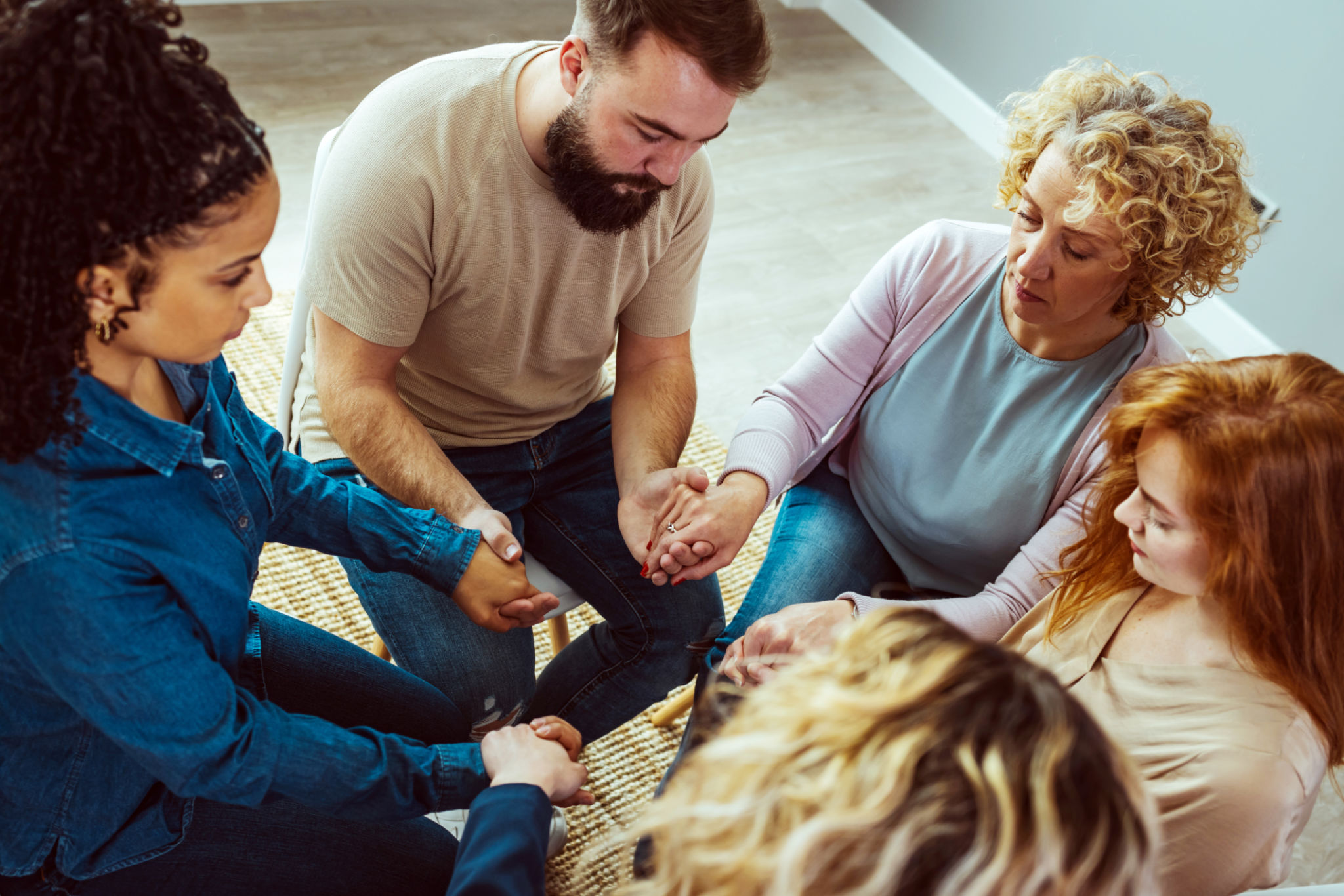When ADHD & Grief meets Understanding the Unique Relationship Between ADHD and Grief
NG
Understanding ADHD and Grief
Your path through grief when ADHD enters the picture requires special guidance to find your way
Every important loss brings deep pain to human beings. People with ADHD experience grief differently from others although the intensity remains unchanged. I have both professional experience as a coach and personal knowledge of these observations. The discussion will explore how ADHD and grief interact while providing direction for navigating your way through the process.

Why Grief Feels Different With ADHD
People with ADHD typically experience their emotions through powerful surges. Your emotional state can shift from normal to complete overwhelm between two consecutive moments. These emotional waves strike without warning.
Time gets weird. The loss feels as though it occurred recently although many years have passed since it happened. You may experience periods of emotional stability for many months but then grief can strike unexpectedly at any moment.
You might get stuck. Either diving so deep into your grief that it's hard to focus on anything else, or busying yourself so much that you never really face your feelings.
Your mind fails to retain memories of the deceased so that they seem completely absent from your thoughts as well as your physical reality. The total disappearance of the person who died makes their loss feel completely devastating.
Simple everyday responsibilities transform into insurmountable challenges. The combination of grief and ADHD makes everyday activities including memorial planning and belongings organization and basic bed rest seem out of reach for your brain's organizational systems.
Types of Grief That Often Touch ADHD Hearts
People with ADHD experience unique forms of grief that differ from standard emotional reactions.
People who receive late-life ADHD diagnoses experience grief about the different person they could have become if they received support earlier.
The kind of grief that escapes observation from others includes feelings of sorrow about missed chances together with regrets about strained relationships and lost potential because of ADHD symptoms.
The continuous accumulation of small rejections and misunderstandings and ADHD-related challenges in an unsuitable world creates an overwhelming sense of pain for individuals who experience this.

Coping Strategies for Managing Both
Managing ADHD while grieving requires a tailored approach that addresses both conditions. Here are some strategies that might help:
Build a simple framework
- The simplest daily routines should be restricted to eating, moving, and sleeping.
Your phone should provide you with reminder alerts about all your tasks, including drinking water. - You should ask a person you trust to check in with you at regular intervals.Your physical activity should help you process your emotions.
- Talking while you walk helps you express your feelings.
- During moments of emotional overload, you should use stress balls or fidget toys to release tension.
- During moments of emotional distress, try drawing or painting instead of attempting to put words to your feelings.
- Establish a daily "grief time" with a timer set to 10 minutes when the weight of your loss becomes overwhelming.
Create your own grief toolkit
- The voice recorder function allows you to express your thoughts instead of using written notes.
- Using drawing or painting instead of trying to name your emotions works as an alternative
- When grief becomes overwhelming, set a timer for 10 minutes to dedicate to grief during daily tasks, if non-stop thinking about your loss proves too challenging
Notice your patterns
- The constant activity level serves as an avoidance mechanism to prevent you from processing your emotions.
Do you find yourself caught in an endless cycle of grief-related thoughts?
The grief intensifies suddenly because of certain triggers, which you need to identify.
Importance of Support Networks
Find people who get it...
You should seek therapists, counselors, or coaches who understand both grief AND ADHD.
The online communities welcome neurodivergent people who want to discuss their loss with others.
Inform your friends about the specific support methods you need because "I need your active listening" or "I need help with paper organization."

Joining support groups or group coaching sessions where others share similar experiences can be beneficial. These groups provide a safe space to express emotions, share coping strategies, and find solace in knowing that one is not alone in their struggles.
Seeking Professional Help
If managing ADHD and grief becomes overwhelming, seeking professional help is an important step. Psychologists, counselors, and coaches specializing in ADHD and bereavement can offer strategies to cope with emotional distress and improve functioning.
Medication may also be considered as part of a comprehensive treatment plan. Working closely with healthcare providers is essential to determine the best approach for managing symptoms effectively.
Be kind to yourself
The path of your grief experience will differ from others, and that is perfectly fine.
The act of forgetting important dates about your loss does not indicate your lack of affection for the deceased.
You cannot be considered disrespectful because your body needs to move and fidget, along with taking breaks during memorial services.
You're Not Alone
There is no manual available for grieving because both grief and grief combined with ADHD lack clear instructions. The path you take to overcome loss will follow your unique journey, and that path should be exactly as it is.
Allowing yourself permission to process grief through any method suitable for your unique brain represents the most effective healing approach. Your grief process requires different expressions such as crying, as well as playlist creation and conversation about your person and handcrafted creation.
Your grief, along with your ADHD, exists as authentic elements that shape your life narrative. You should treat yourself with compassion during your search for your path.
